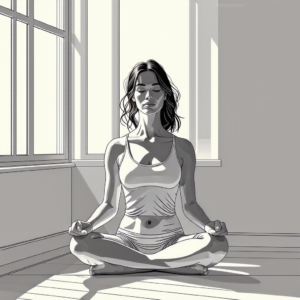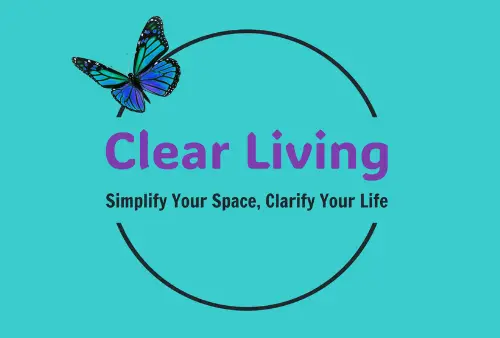You want more free time, fewer obligations, and less clutter in your life. Who doesn’t? This doesn’t have to just be a wish. You can simplify and reclaim your life.
It has been said that life is more than long enough, as long as you’re not wasting time. You’re wasting time if your life is more complicated than it needs to be.

Use these easy techniques to create a simpler life that’s more meaningful to you:
- Know your priorities. Who and what are most important to you? What do you want to accomplish with your life? What are your goals? If you understand your priorities, it’s easier to simplify your life, because you know what matters and what doesn’t.
- This includes identifying your daily priorities each day. Life is simpler when you know exactly what you want to get done each day. Make a list each evening for the next day and stick to it.
- Give meditation a try. One of the great benefits of meditation is the clarity it provides. The things, activities, and people in your life that matter will become more apparent. Everything else is just habit and noise.
- Start at home. Go from room to room and consider everything. What do you not use? What do you not need? What do you not love? If you don’t use, need, or love it, strongly think about getting rid of it.
- If you’re resistant to removing something from your life, ask yourself why.
- Track your activity for one weekday and one weekend day. Record how you spend your time each hour. For example, at 9:00 am you might write: 8:00-9:00: 15 minutes answering email. 15 minutes surfing the internet. 30 minutes driving to work.
- Do that for the whole day and tabulate how you spent your time. You’ll likely see a few activities that are taking up your time without providing much value to your life. Be ruthless in controlling these time-wasters.
- Assess your commitments. This includes regular social activities, committees, clubs, and other commitments. Compare these to your list of priorities and goals. If a commitment doesn’t help you accomplish what’s most important to you, consider quitting.
- Create routines. Routines are just a series of habits. You can have a routine for cleaning the kitchen or completing a report at work. Routines simplify the amount of thinking you have to do. You can use your intellectual resources for other things.
- A few other examples include a morning and evening routine for yourself, a yard work routine, an after-school routine for children, or an exercise routine.
- Assess the people in your life. Are all the optional people in your life adding something worthwhile to your life? Are you still dragging around an old high school friend or two that you don’t enjoy spending time with anymore? It’s not always easy to eliminate people from your life, but it may help you.
- Don’t be afraid to say “no.” Before adding new commitments to your life, remember to review your priorities and goals. Be willing to decline any offers that complicate your life unnecessarily. Be brave and tell a few people “no.” It will do wonders for your self-esteem and support simplifying your life.
Give yourself the gift of freedom and simplify your life. Once you’ve completed the process, repeat it again every few months. The first round will produce a lot of benefits, but you can simplify your life even further.
Buddhist monks are allowed little more than two robes, a spoon, a bowl, and a pair of sandals. How simple can you make your life?
